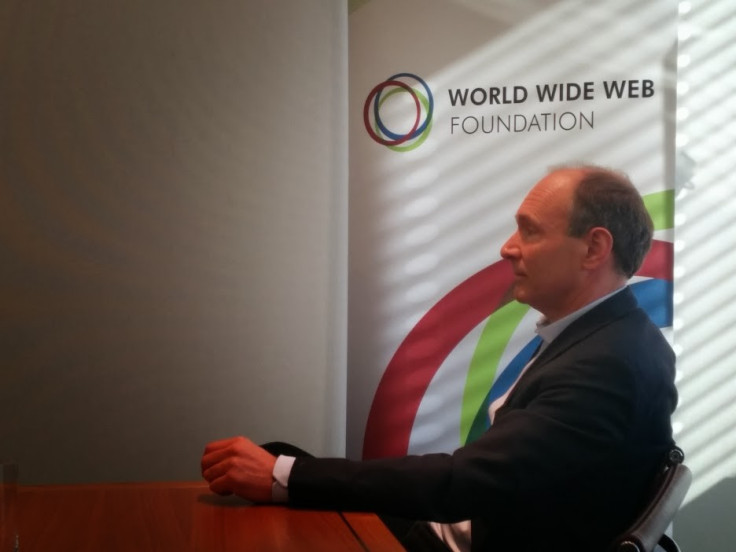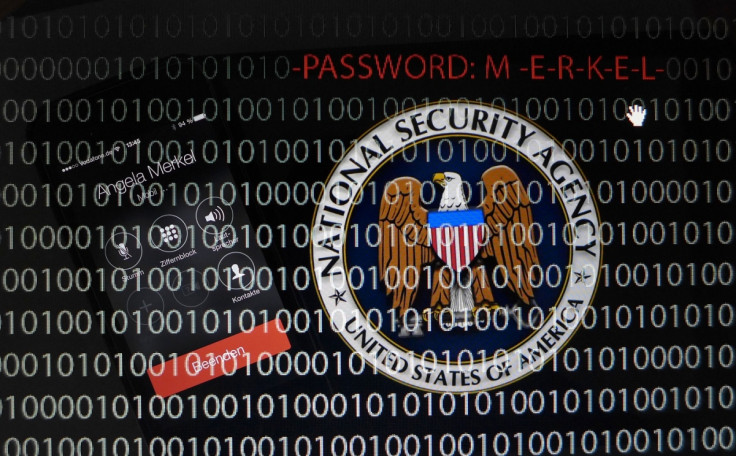Berners-Lee Calls for Internet Constitution to Address 'Insidious and Chilling Spying'

The man known as the father of the world wide web, Sir Tim Berners-Lee, has spoken on the 25th anniversary of the day the idea of his era-defining technology was first mooted, to call for a global constitution for the web.
On 12 March 1989, Berners-Lee, then a computer scientist at CERN in Switzerland, submitted his paper called 'Information Management: A Proposal' to his boss, which would lead two years later to the launch of the world wide web.
25 years on and that technology has radically changed the way the world communicates, but now it is time for governments around the world to protect their citizens by drawing up a charter for the internet, according to Berners-Lee.
"We need a global constitution – a bill of rights" Berners-Lee told the Guardian.
Free and open
The plan is to include the so-called "Magna Carta" of the internet in the "The web we want" initiative, which seeks a free and open internet that protects personal user information.
"Unless we have an open, neutral internet we can rely on without worrying about what's happening at the back door, we can't have open government, good democracy, good healthcare, connected communities and diversity of culture. It's not naive to think we can have that, but it is naive to think we can just sit back and get it," Berners-Lee told the Guardian.
The call for a formalised bill of rights for the internet comes at a time when the way in which the technology works and who is monitoring what we do online has never been in greater focus.
Since Edward Snowden began leaking top-secret documents about how the US and UK government agencies monitor and collect personal data from people all over the world, internet users have been reassessing how they use the web.
Insidious, chilling, oppressive

Berners-Lee has been an outspoken critic of the actions of the NSA and GCHQ. While he remains of the belief that the internet is a "tremendously positive force" he openly admits to the "seriousness" of the situation relating to the revelations made by Snowden.
Calling the government monitoring of citizens "insidious" and "chilling", Berners-Lee said last November at the launch of the annual Web Index report:
"When you are being spied on by an oppressive government where they don't believe that you have the right to be able to go [online] and discuss with impunity [sensitive topics]; when you are being spied on; when maybe you have known people who have been taken off to jail in the middle of the night; that is pretty chilling.
"People don't use facilities they could have otherwise used, just because of a nameless fear of something happening to them."
"Vague, but exciting"
25 years ago, Berners-Lee's boss Mike Sendall wrote "vague, but exciting" on the cover of his initial report, a positive enough response to convince Berners-Lee to continue developing what would eventually become the world wide web.
A quarter-of-a-century later, Berners-Lee is calling on all users to reclaim that technology as their own:
"I want to use the 25th anniversary for us all to do that, to take the web back into our own hands and define the web we want for the next 25 years."
Fractured web
In the fallout from the Snowden leaks, several countries, including heavyweights like Brazil and Germany, have spoken about their desire to create their own internet, where all data is stored on servers within the national borders.
This is something which concerns Berners-Lee:
"The key thing is getting people to fight for the web and to see the harm that a fractured web would bring. Like any human system, the web needs policing and of course we need national laws, but we must not turn the network into a series of national silos."
The Magna Carta of the internet is just the latest initiative Berners-Lee has called for in order to keep the technology he created free and open, a struggle which is becoming more and more difficult.
© Copyright IBTimes 2025. All rights reserved.






















